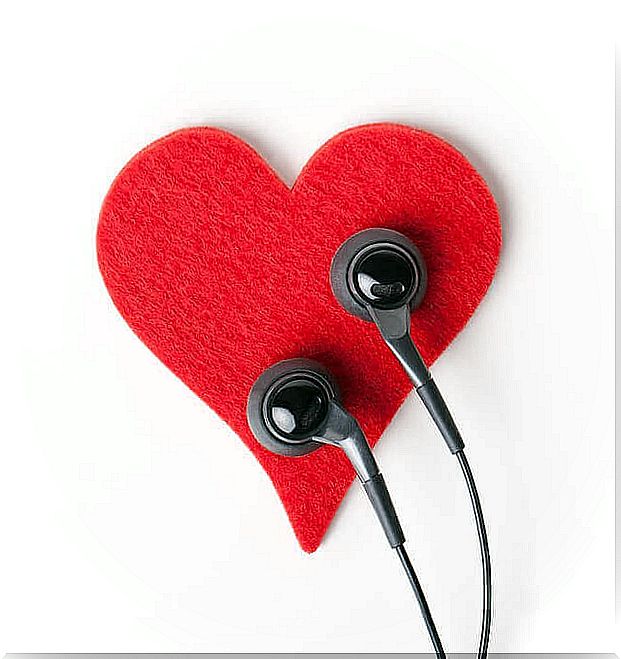What Does Active Listening Mean In Relationships

Do you know how to listen to people? Or do you just hear words coming out of their mouths, without the right purpose? Active listening is a necessary skill in human relationships.
There are many definitions of active listening. Although they differ in some way, they all agree that active listening is an ability that includes two “main components”: understanding and caring. The foundation of active listening is built on these two characteristics.
When you practice active listening, much of your energy goes into trying to understand the speaker’s message. In addition, you give information back to the speaker on whether you have understood what he is trying to say. It means that you are mentally present and attentive to the speaker’s message.
The opposite of active listening is stray listening. It means you are physically present, but your mind is somewhere else. Mentally, you prioritize things other than what the person in front of you is telling you.
As a result, you show that you don’t value what he’s trying to say. This negatively affects your ability to understand his message. But active listening helps you be more empathetic and understand other people’s feelings.

Our lax conversational skills today are largely due to the fact that we don’t know how to listen. We are constantly thinking about our own opinions. Our main goal is to let other people know our perspective on what they are saying.
When this happens, the core of communication disappears. We are wrong if we believe that listening is automatic, because that is not the case. You have to see more effort in listening than in talking.
If you really want to listen to others, read between the lines
We place a lot of emphasis on verbal communication. Nevertheless, 60-80% of our communication with others is speechless. For communication to be effective, there must be consistency between speech and nonverbal communication. Active listening works in the same way: it is just as important to listen as it is to make sure the talking party feels like we are listening.
Active listening means listening and understanding from the speaker’s perspective. We are talking about the ability to understand his feelings, ideas and thoughts. In addition, understanding another person requires a certain amount of empathy. You need to be able to put yourself in his shoes.

Nonverbal communication affects how we act and react. Listening to the message behind the words requires an understanding and interpretation of what you see and hear. Understanding doesn’t mean you have to agree with everything the other person says. But it definitely means you have to listen with clear interest.
Active listening is the best remedy for loneliness
Most people prefer to talk instead of listening. When we talk about ourselves, we activate areas of our brain that are connected to pleasure. So it makes sense that we like listening to ourselves more than listening to other people.
Dale Carnegie wrote a book that has been read more than the Bible in the United States. The title of the book is How to Make Friends, Success, Influence. Almost the entire country took advantage of the philosophy and methods described therein to improve its interpersonal relationships.
Carnegie focused on the trust that active listening creates. That trust has a positive effect on personal relationships. Trust also helps us build new relationships and strengthen existing ones.

Active listening allows you to create bonds based on consensus. Forget what you are doing; genuinely listen to the other person. Even when he tells you something wrong or irrelevant. If you listen that way, you allow him to express himself exactly the way he wants to.
When you listen actively without interruption, the speaker feels relaxed. He is able to express himself to you and reveal his true feelings.
In conclusion, sometimes you have the power to help other people without moving a finger. Most of the time, however, you are not aware of it. First, the skill of listening will help you understand people better. In addition, it makes other people feel connected to you and it improves your relationships. You could say that what you give comes back to you…
Literature
Contreras, MM, & San Rafael, C. Aprender a escuchar.
Gómez, Á. H., Gómez, JIA, & Rodriguez, MAP (2011). Technical measures in the public sector: Activation of the arena, in the case of artefact, in the field of silence. Educación y Futuro: Revista de investigación aplicada y experiencias educativas , (24), 153-180.
Martín-Barbero, J. (1978). Mass communication: discourse and poder (No. 04; HM258, M37.). Quito: Ciespal.
Subiela García, JA, Abellón Ruiz, J., Celdrán Baños, AI, Manzanares Lázaro, J. Á., & Satorres Ramis, B. (2014). The import aid is activated and the intervention is carried out. Enfermería Global , 13 (34), 276-292.
Torres, ME (2005). Asertividad y Escucha activa en el ámbito académico .









